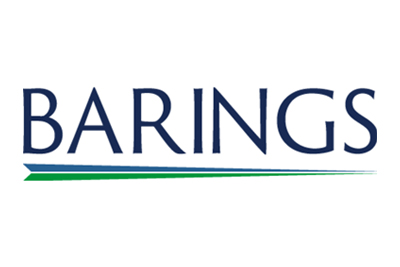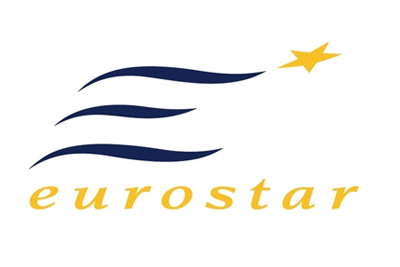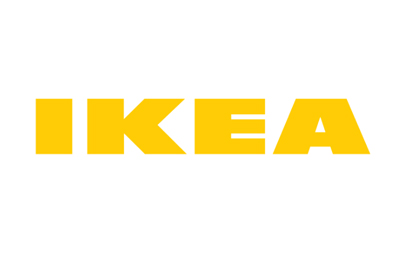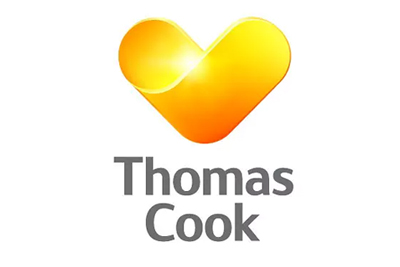The Ultimate Step By Step Guide to Media Training: What Is Crisis Media Training?






What Is Crisis Media Training?
Crisis Media Training is designed to equip organisations and individuals with the skills, strategies, and confidence to handle media interactions during challenging situations. When a crisis strikes, whether it’s a reputational issue, a product recall, or an unexpected incident, every response matters. The right approach can safeguard an organisation’s reputation, build public trust, and demonstrate effective leadership under pressure.
In crisis media training, participants learn to prepare for the unexpected, ensuring they’re ready to manage tough questions, maintain composure, and control the narrative. Let’s dive into what makes crisis media training essential and how it can transform your approach to media during high-stakes moments.
The Purpose of Crisis Media Training
Crisis media training is all about preparation. Imagine your organisation is facing a major issue, and journalists are reaching out for comments. In those moments, having a clear, well-crafted response isn’t just beneficial—it’s essential. Crisis media training helps you understand how to communicate quickly, calmly, and clearly when tensions are high.
The goal of crisis media training is to:
- Provide participants with tools to handle media inquiries confidently
- Teach techniques to stay calm under pressure and manage emotional responses
- Train individuals to communicate transparently and effectively
- Develop a crisis response plan that includes messaging, spokesperson roles, and audience considerations
In short, this training ensures you’re not just reacting but responding with purpose and professionalism.
Core Skills You’ll Develop in Crisis Media Training
Crisis media training covers a range of essential skills, each designed to help you navigate the complexities of a high-pressure media situation. Here’s what you’ll typically learn:
Developing a Clear, Consistent Message
In a crisis, messages need to be both reassuring and clear. Crisis media training helps you craft a message that aligns with your organisation’s values and addresses public concerns. You’ll learn how to simplify complex information and communicate with transparency, which is critical to building trust during a crisis.
Anticipating and Answering Difficult Questions
Reporters may ask pointed or uncomfortable questions to get to the heart of an issue. Crisis media training teaches you techniques for handling these questions calmly, without losing focus on your key message. You’ll practice “bridging” techniques to steer conversations back to your core points, helping you maintain control of the narrative.
Maintaining Composure and Body Language
Non-verbal cues can have a huge impact on how your message is received. Crisis media training emphasises techniques for staying calm, steady, and composed. You’ll practice managing your body language to avoid any unintended messages, helping you appear confident and in control, even during challenging situations.
Managing Social Media in a Crisis
In today’s digital world, social media plays a massive role in crisis communication. Crisis media training includes strategies for monitoring and managing social platforms, helping you respond to questions or criticism online in real time. Knowing how to handle social media effectively can prevent the spread of misinformation and ensure that your message reaches the public accurately.
Crisis Simulation Exercises: Learning Through Practice
One of the most valuable parts of crisis media training is the hands-on experience of crisis simulations. These realistic exercises put you in the “hot seat,” so you can practice responding to difficult scenarios under pressure. During simulations, trainers recreate high-stakes situations, complete with rapid-fire questions, time constraints, and evolving challenges.
Simulations are a safe space to make mistakes and learn, allowing you to experience the pressure of a real crisis without the actual risks. You’ll receive feedback on your responses, body language, and tone, helping you refine your approach. By the end of these exercises, you’ll feel more prepared and capable of handling real-world crisis situations with confidence.
Why Crisis Media Training Matters
In an unpredictable world, organisations need to be ready for anything. Crisis media training helps you communicate clearly and decisively when faced with the unexpected. When the public sees that your organisation responds calmly and transparently, it enhances trust, reinforces credibility, and can even turn a difficult moment into a positive one.
Being able to effectively communicate during a crisis can:
- Build trust with stakeholders, customers, and the public
- Protect your organisation’s reputation and manage public perception
- Demonstrate strong leadership in challenging situations
- Provide clarity and reassurance when misinformation is circulating
In short, crisis media training equips you with the tools to make a potentially damaging situation manageable, or even an opportunity to demonstrate your organisation’s resilience and integrity.
Who Can Benefit from Crisis Media Training?
Crisis media training is invaluable for anyone who may be called upon to represent their organisation during a crisis. This includes:
- Senior Executives and Leadership Teams: Leaders are often looked to for guidance and stability during a crisis.
- PR and Communications Professionals: Those responsible for managing the flow of information and coordinating responses across platforms.
- Designated Spokespeople: Individuals who speak to the media on behalf of the organisation, especially during high-pressure situations.
- Social Media Managers: Those responsible for handling online responses and managing digital platforms during a crisis.
Whether you’re a seasoned media professional or new to handling the media, crisis media training can prepare you to respond in a way that’s strategic, clear, and confidence-building.
Crisis Media Training: Turning Challenges Into Opportunities
While crisis situations can be daunting, they also provide a unique opportunity to show the public who you are as an organisation. By engaging in crisis media training, you’re preparing to communicate effectively when it counts most. From managing media questions to keeping your message consistent across platforms, this training turns potential challenges into opportunities for positive engagement.
With crisis media training, you’re not just preparing for the worst—you’re learning to respond in a way that reinforces trust, transparency, and credibility. When a crisis arises, you’ll be ready to take control and guide your organisation through with composure and clarity.

